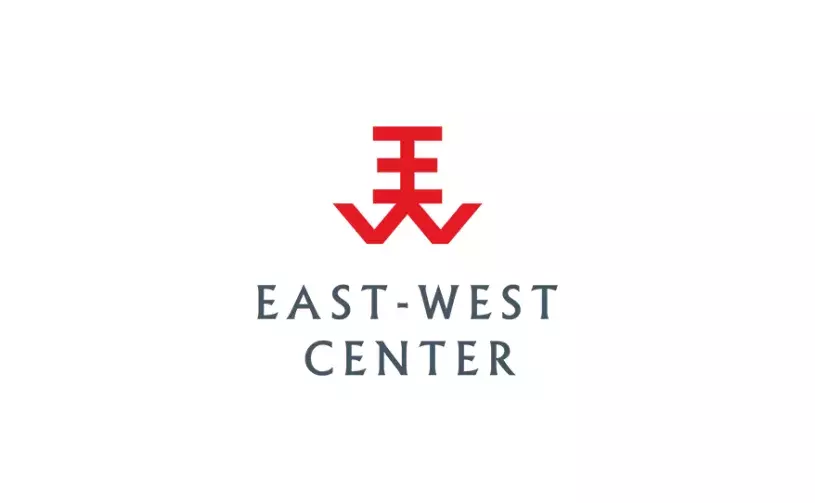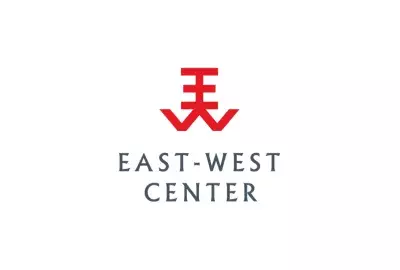Error message

Little is known about the impact of standards on the economic development of countries which are latecomers to industrial manufacturing and innovation. Standardization is regarded primarily as a technical issue, and hence receives only limited high-level policy support.
However, technical standards contribute at least as much as patents to economic growth. As a key mechanism for the diffusion of technological knowledge, technical standards contribute to productivity growth. Equally important are qualitative impacts for instance of environmental, health, food and work safety standards. A well-functioning standardization system and strategy can work as a catalyst for translating new ideas, inventions and discoveries into productivity-enhancing innovation. Standards thus are the missing link in a growth strategy which seeks to create quality jobs in higher-value added advanced manufacturing and services.
The paper develops a conceptual framework to study how standards are created and used in Asian countries that seek to catch up with the productivity and income levels of the US, the EU and Japan. A stylized model of latecomer standardization tasks, capabilities and strategies is used to demonstrate that the costs of developing and implementing effective standards can be substantial. The paper examines the critical role that patents play for standardization and argues that "strategic patenting" to generate rents from de facto industry standards can stifle latecomer economic development. Policy implications conclude the paper.
Little is known about the impact of standards on the economic development of countries which are latecomers to industrial manufacturing and innovation. Standardization is regarded primarily as a technical issue, and hence receives only limited high-level policy support.
However, technical standards contribute at least as much as patents to economic growth. As a key mechanism for the diffusion of technological knowledge, technical standards contribute to productivity growth. Equally important are qualitative impacts for instance of environmental, health, food and work safety standards. A well-functioning standardization system and strategy can work as a catalyst for translating new ideas, inventions and discoveries into productivity-enhancing innovation. Standards thus are the missing link in a growth strategy which seeks to create quality jobs in higher-value added advanced manufacturing and services.
The paper develops a conceptual framework to study how standards are created and used in Asian countries that seek to catch up with the productivity and income levels of the US, the EU and Japan. A stylized model of latecomer standardization tasks, capabilities and strategies is used to demonstrate that the costs of developing and implementing effective standards can be substantial. The paper examines the critical role that patents play for standardization and argues that "strategic patenting" to generate rents from de facto industry standards can stifle latecomer economic development. Policy implications conclude the paper.





